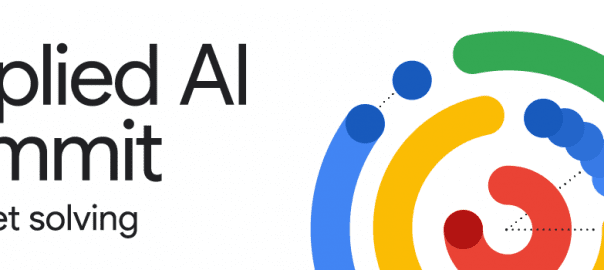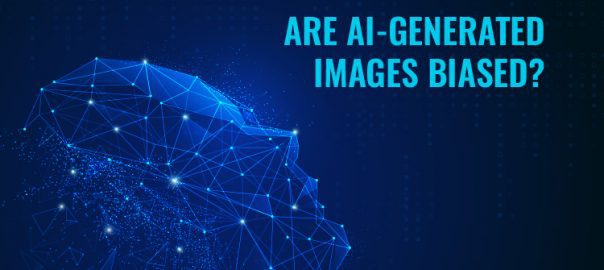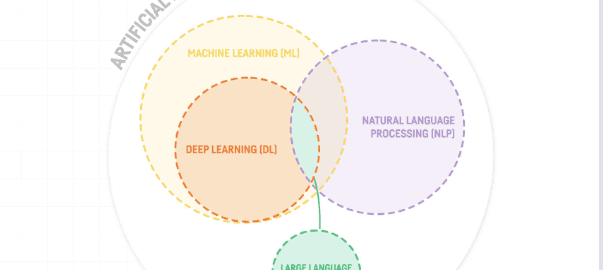Mike Cook, King’s College London
OpenAI’s new “strategic partnership” and licensing agreement with the Financial Times (FT) follows similar deals between the US tech company and publishers such as Associated Press, German media giant Axel Springer and French newspaper Le Monde.










